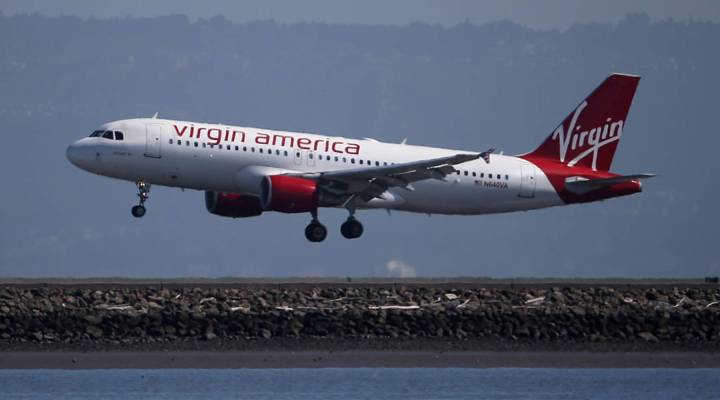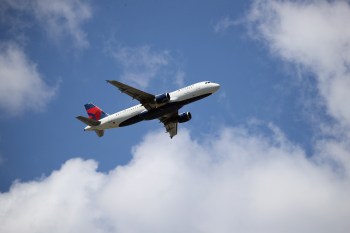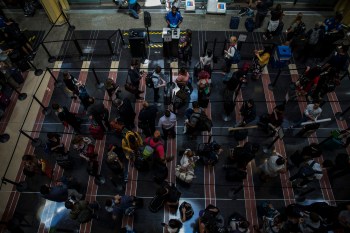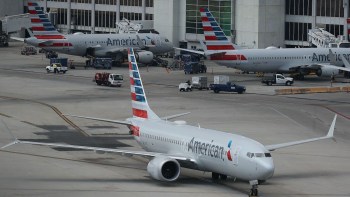
Why Virgin America is a tempting acquisition
Share Now on:
Why Virgin America is a tempting acquisition

JetBlue and Alaska Air are said to be preparing offers to buy Virgin America, according to the Wall Street Journal. None of the companies are talking publicly about the deal, but it’s generally a good time to be an airline – largely thanks to the low price of oil.
“Last year was a phenomenal year,” said Richard Aboulafia, an airline analyst with the Teal Group. “You had a combination of lower airfares and higher profits for everyone involved.”
Those higher profits give airlines more steam for an acquisitions and more money to fuel growth.
Aboulafia says the industry is at the tail end of a massive wave of consolidations that included Delta pairing with Northwest, United with Continental, and American with U.S. Airways.
“Eventually that dynamic was going to catch up to the smaller players,” he said.
Samuel Engel, head of the aviation practice at ICF International, said these companies are some of the few left to consolidate. “Virgin America, JetBlue, Alaska, and Hawaiian, as well, are carriers that are a meaningful size and yet, are not of the kind of scale that could easily compete with a 700- or 800-aircraft Delta, United, or American,” he explained.
Engel added Virgin America has specific benefits, such as its investment in the Dallas Love Field airport, but he said airlines generally seek scale — bigger markets, the efficiencies that come with size, and the lucrative corporate contracts that are hard to chase as smaller entities.
There are also reasons why the larger airlines are not on the rumored list of bidders for Virgin America.
“The prospect of any of the three legacy carriers going after Virgin America would raise all kinds of regulatory red flags,” said Rob Britton, principal of the aviation consultancy Air Learn. “They’re big, they’re growing, they’re handsomely profitable. I think they’re not interested.”
Moreover, mergers, for all their benefits, are still difficult for airlines, requiring the integration of management, labor, technology, and cultures.
Correction: The original version of this story misstated the name of Northwest Airlines. The text has been corrected.
There’s a lot happening in the world. Through it all, Marketplace is here for you.
You rely on Marketplace to break down the world’s events and tell you how it affects you in a fact-based, approachable way. We rely on your financial support to keep making that possible.
Your donation today powers the independent journalism that you rely on. For just $5/month, you can help sustain Marketplace so we can keep reporting on the things that matter to you.


















